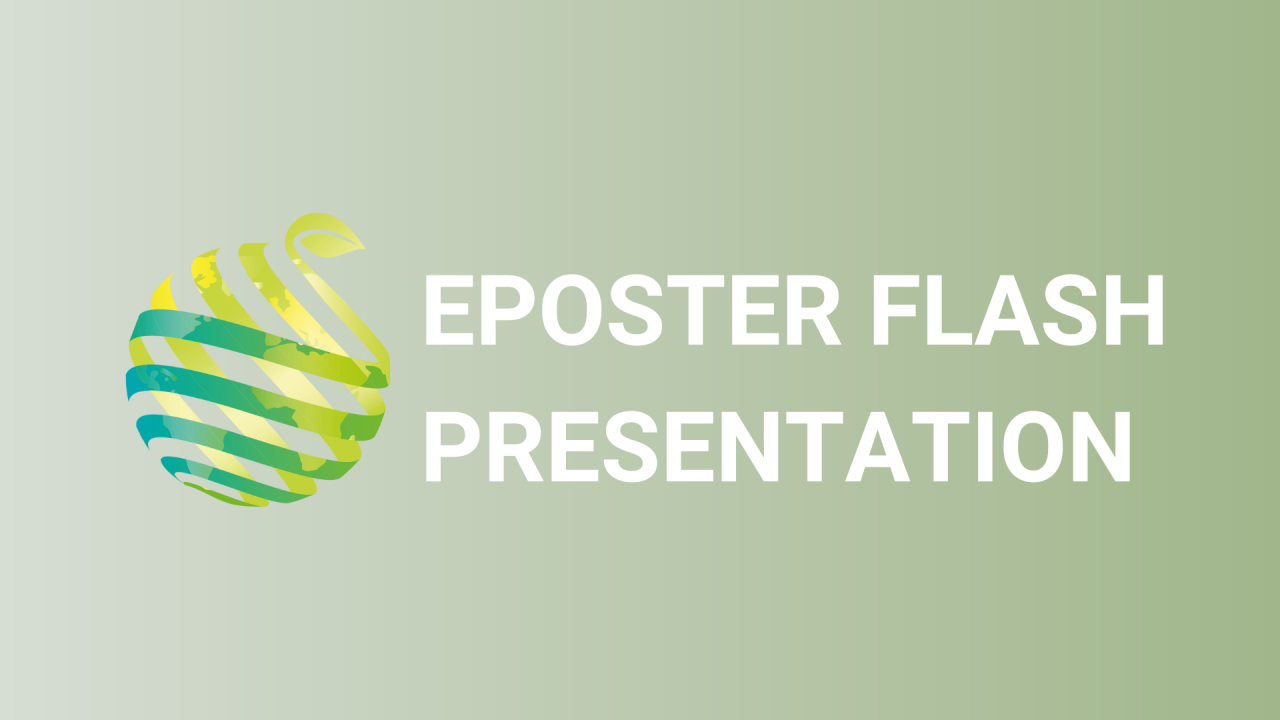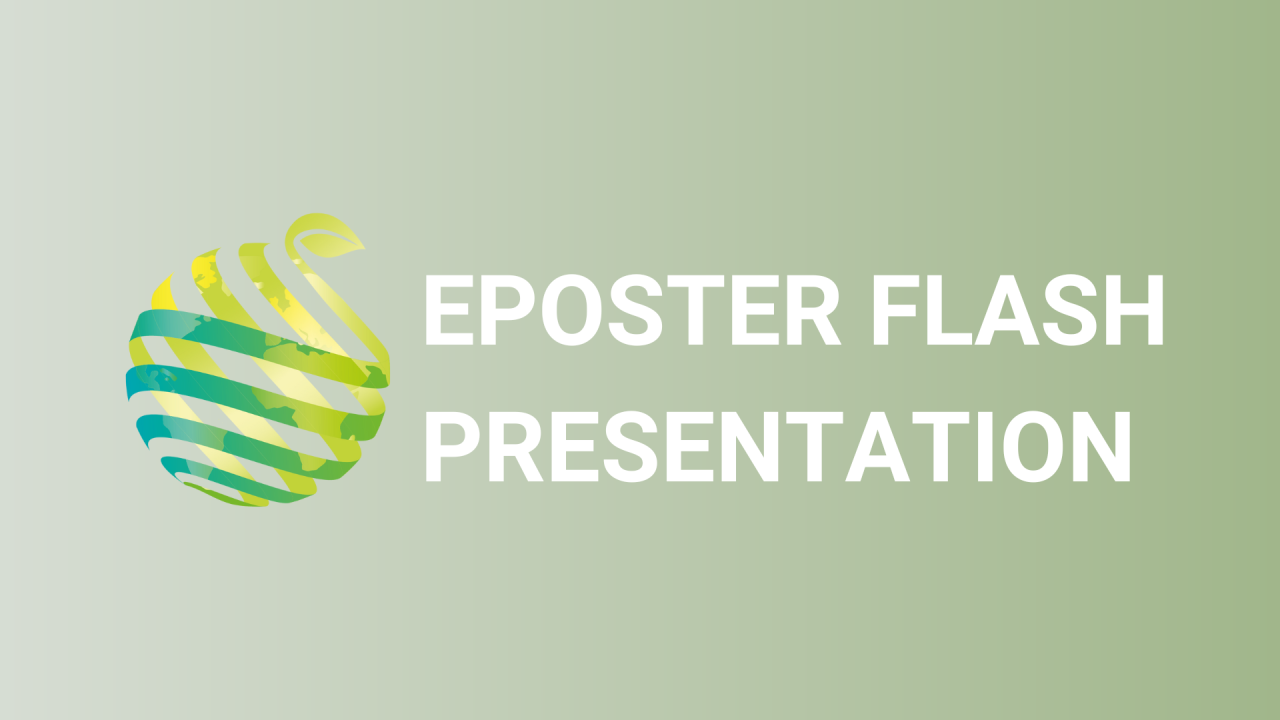

S15 - Session P1 - Developing new varieties of broccoli, bean and tomato for a resilient efficient and sustainable organic vegetable production: the results of H2020 BRESOV project
Information
Authors: Ferdinando Branca *, Roberto Papa, Elena Bitocchi, Juan Jose Ferreira, Teodoro Cardi, Pasquale Tripodi, Rafael Lozano, Jaroslava Ovesna, Peter Walley, Jaime Prohens
The BRESOV project, funded under the Horizon 2020 program (SFS-07-2017, GA 774244), started in 2018. It aims to investigate the potential exploitation of crop wild relatives and landraces for breeding of broccoli, beans and tomato, and improve vegetable production under organic conditions through the use of resilient elite genotypes tolerant/resistant to abiotic stresses and plant diseases (www.bresov.eu). The main objective of the consortium (composed of 22 partners, representing 10 European countries), 2 associated EU countries (Switzerland and Tunisia) and 2 non-EU countries (China and South Korea) is to support organic horticulture making it more competitive and attractive for farmers from Europe and in non-EU countries. During the ongoing activities, 837 accessions of Brassica oleracea (broccoli, cabbage, cauliflower, kale, kohlrabi, and related wild relatives), 496 of Solanum lycopersicum and 1443 of Phaseolus vulgaris were genotyped and phenotyped to identify traits of interest for organic horticulture, such as bio-morphological characteristics of plants, plant resistance to water, saline, and thermal stresses, post-harvest senescence, of nitrogen and irrigation water use efficiency, resistance to black rot, downy mildew, Alternaria spp. and other key crop-specific pathogens. Particular attention was paid to detecting the content of antioxidant compounds, such as glucosinolates, polyphenols, carotenoids, vitamins, antioxidant capacity, in addition to the protein content and the main organoleptic characteristics of the product (sweetness, acidity, colour), as well as comprehensive profiling of metabolites to predict quality traits of edible parts of these crops. The results acquired to date enable the consortium to support the growing demand for resilient organic vegetables, offering the opportunity to combine research results with requests of farmers that need high quality organic vegetable seed characterized by valuable agronomic and technological traits, to provide products without any pesticide contaminations.